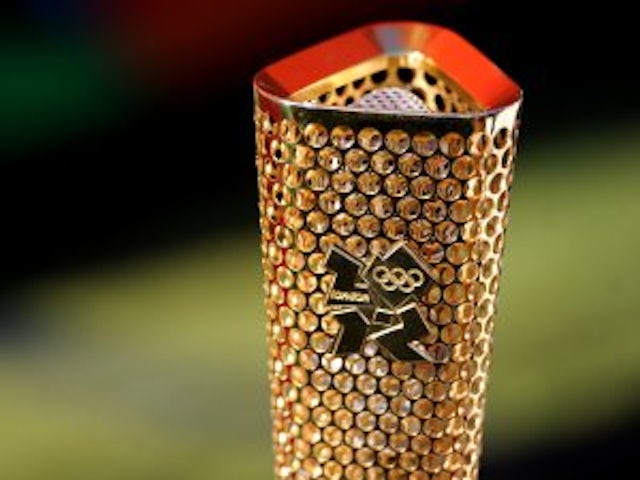The International Olympic Committee's (IOC) president Jacques Rogge has claimed that the crackdown on doping offenders prior to London 2012 has been a success.
Testers have caught more than 100 athletes using performance-enhancing drugs in recent months.
In recent weeks nine track and field athletes have been handed bans for doping violations by the International Association of Athletics Federations, after being found out through the Athlete Biological Passport programme, which tracks blood data.
Women's 1,500 metres contender Mariem Alaoui Selsouli of Morocco and Greece's world indoor high jump champion Dimitris Chondrokoukis were also confirmed to have tested positive before arriving in London.
"This is a good sign for the fight against doping," Rogge told reporters. "This is proof that the system is working and is effective."
"It is a fact that there is no blood passport in all sports. It is also true, however, that blood profile is a powerful tool that has to expand and reach more countries.
"I am happy that the blood profile has led to positive tests. It is a powerful deterrent."
Approximately 6,250 samples will be analysed at the Games, more than at any other Olympics in history.








